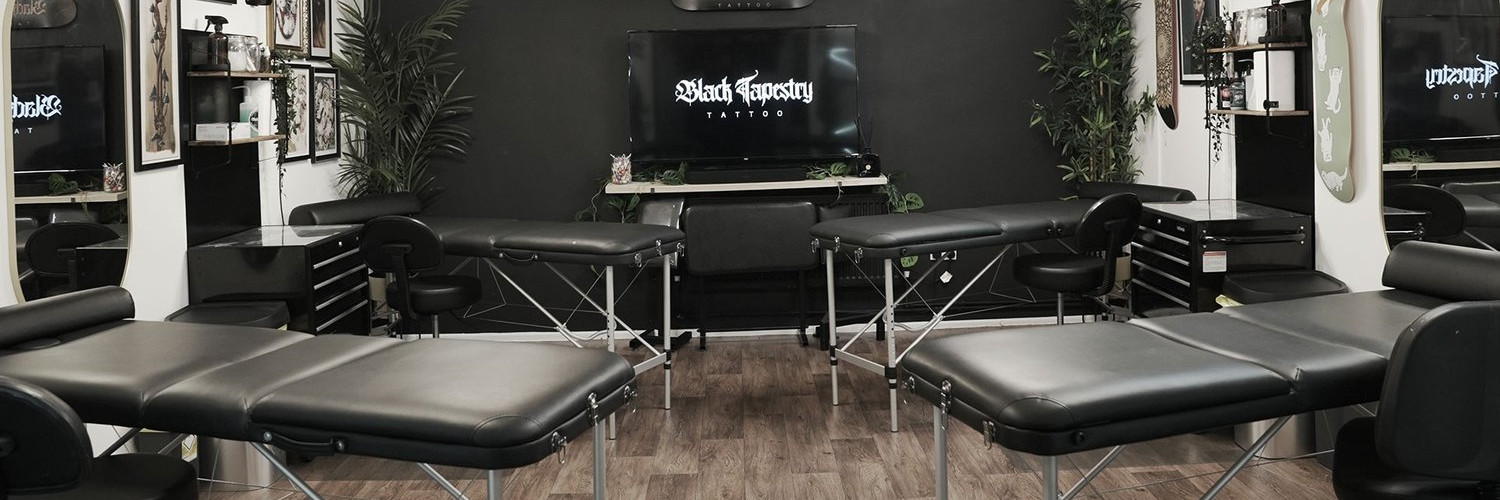Tattoo Convention Insurance: Event & Exhibition Coverage
Tattoo conventions bring together artists, vendors, and enthusiasts in vibrant celebrations of body art culture. However, these unique events face distinctive risks that require specialized insurance coverage to protect organizers, participants, and attendees.
Understanding Tattoo Convention Risks
Tattoo conventions present a complex mix of risks that standard event insurance may not adequately cover. These gatherings combine live tattooing, equipment demonstrations, retail sales, and large crowds in ways that create unique liability exposures.
Key Risk Areas Include:
- Health and Safety Concerns: Live tattooing procedures, sterilization requirements, and bloodborne pathogen risks
- Equipment and Artwork: Valuable tattoo machines, artwork displays, and vendor merchandise
- Public Liability: Slip and fall incidents, crowd control issues, and visitor injuries
- Professional Standards: Artist licensing, health department compliance, and regulatory requirements
- Vendor Operations: Multiple businesses operating under one roof with varying risk profiles
Essential Coverage Components
Event Organizer Protection
Convention organizers need comprehensive coverage that protects against the full spectrum of event-related risks:
- General Liability: Protection against third-party injury claims and property damage
- Event Cancellation: Coverage for financial losses due to weather, venue issues, or unforeseen circumstances
- Vendor Default: Protection when key participants fail to appear or fulfill obligations
- Equipment Coverage: Protection for sound systems, lighting, and event infrastructure
Artist and Vendor Coverage
Individual artists and vendors participating in conventions require specialized protection:
- Professional Indemnity: Coverage for claims related to tattooing services and artistic work
- Product Liability: Protection for merchandise sales and tattoo-related products
- Equipment Insurance: Coverage for valuable tattoo machines, needles, and artistic tools
- Business Interruption: Protection for lost income due to event disruption
Health and Safety Considerations
Tattoo conventions involve live body modification procedures that create unique health and safety requirements:
Bloodborne Pathogen Protection
Coverage must address the specific risks associated with tattooing procedures, including proper sterilization protocols, needle disposal, and infection control measures. Insurance should cover claims related to disease transmission and health department violations.
Regulatory Compliance
Different jurisdictions have varying requirements for tattoo artists and conventions. Coverage should include protection for regulatory compliance issues, licensing problems, and health department citations.
First Aid and Medical Response
Events should maintain adequate medical response capabilities and insurance coverage for emergency situations, allergic reactions, and procedure-related complications.
Venue-Specific Requirements
Tattoo conventions often take place in hotels, convention centers, or specialized venues, each with unique insurance requirements:
- Venue Liability: Additional insured status for venue owners and management companies
- Property Damage: Coverage for damage to venue property from equipment, ink spills, or modifications
- Noise and Disturbance: Protection against claims from neighboring businesses or residents
- Capacity Limits: Coverage considerations for crowd control and occupancy restrictions
International and Travel Considerations
Many tattoo conventions attract international artists and attendees, creating additional coverage needs:
- International Artist Coverage: Protection for visiting artists from different countries
- Equipment Transit: Coverage for valuable equipment during international shipping
- Currency and Payment: Protection against foreign exchange and payment processing issues
- Travel Disruption: Coverage for event impact when key participants face travel delays
Competition and Contest Coverage
Tattoo conventions often feature competitions and contests that require specialized coverage:
- Judging Disputes: Protection against claims related to contest results and judging decisions
- Prize Coverage: Insurance for valuable prizes and awards
- Participant Agreements: Coverage for issues arising from competition terms and conditions
- Media Rights: Protection for photography, filming, and publication rights issues
Risk Management Best Practices
Effective risk management can help reduce insurance costs and improve event safety:
Pre-Event Planning
- Verify all artist licenses and health certifications
- Establish clear health and safety protocols
- Conduct thorough venue inspections and safety assessments
- Develop comprehensive emergency response procedures
During the Event
- Maintain strict sterilization and safety standards
- Monitor crowd levels and manage capacity
- Document any incidents or safety concerns immediately
- Ensure adequate security and crowd control measures
Choosing the Right Coverage
Selecting appropriate insurance for tattoo conventions requires understanding the unique aspects of your specific event:
- Event Size and Scope: Coverage limits should reflect the scale and complexity of your convention
- Artist Participation: Consider the number and experience level of participating artists
- Venue Requirements: Ensure coverage meets all venue-specific insurance requirements
- Local Regulations: Verify compliance with local health and safety regulations
- International Elements: Account for any international participants or activities
Claims Management and Support
When incidents occur at tattoo conventions, prompt and professional claims handling is essential:
- 24/7 Claims Reporting: Immediate access to claims reporting and initial response
- Specialized Adjusters: Claims professionals who understand tattoo industry risks
- Medical Network: Access to healthcare providers familiar with tattoo-related injuries
- Legal Support: Specialized legal assistance for industry-specific claims


 0330 127 2333
0330 127 2333
